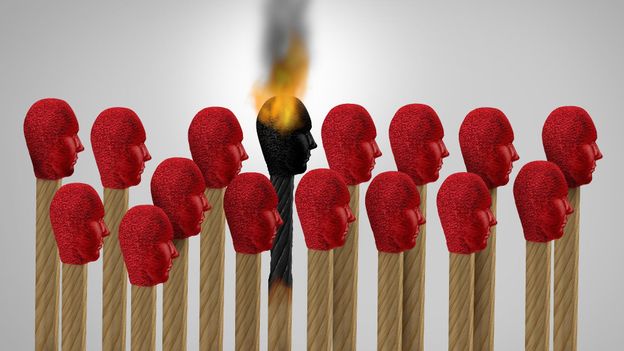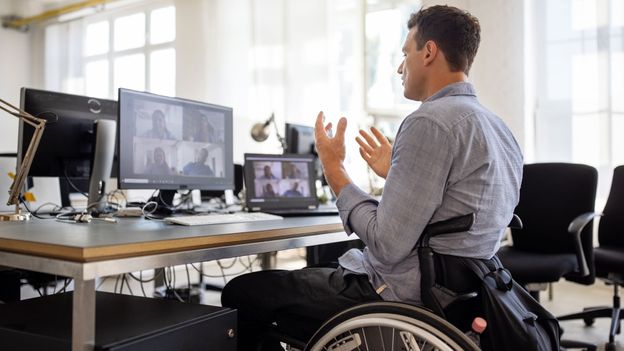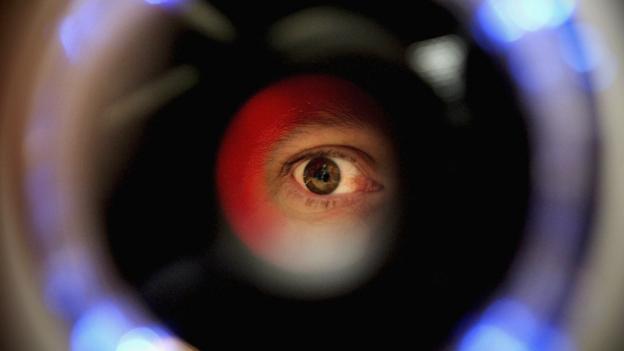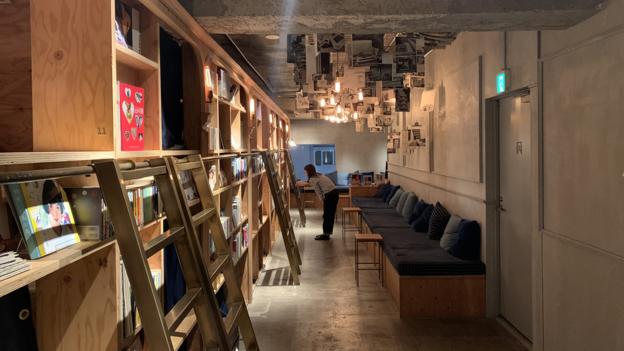In many ways, Sara was the model of a burnout victim who did all the right things: she spoke to her manager and explained how she needed things to change. When this didn’t work, she changed jobs. But that didn’t work either – she encountered the same problems all over again. Despite her efforts, nearly two years after she first experienced burnout, she still hadn’t recovered.
“Certain workplaces and management cultures don’t allow the maintenance of recovery,” says Salminen. “There may be a lack of willingness to change things, or a lack of ability to do this.” In some cases, these issues might be endemic to entire industries.
The view that it’s necessary to take a more holistic approach to burnout is backed up by a large-scale review of the available evidence, which found that interventions focused purely on the individual – such as those which included mindfulness training – did not systematically alleviate symptoms. Meanwhile, a study of patients on long-term sick leave because of burnout found that those who had low control at work were less likely to return to work following rehabilitation.
Health at home
Another important predictor of recovery from burnout is a healthy personal life. “Apart from the agency and the concrete changes at work, this is maybe a third factor,” says Salminen. “Family relationships, one’s health – these tend to influence people who have gone through burnout and are on the path to recovery.”
For example, research suggests that divorce is a significant predictor of burnout at work. The study – which involved 1,856 recently-divorced Danish citizens – found that for both men and women, being the divorcee, as opposed to the divorcer, as well as experiencing acrimony and not having a new partner were associated with a greater susceptibility to burnout. For women, being on a lower income was also significant – while for men, having undergone fewer divorces in the past was.
“Finding support seems to be the first step towards recovery,” says Salminen. “It can come from many different places – occupational health care, such as a physician or psychologist, it can be support from family members, or support from colleagues.” By validating your experiences, these people can help to improve your motivation and the way you see yourself – and regardless of what happens with the rest of your journey to recovery, this can only be a good thing.
Failing all that, you might want to try heading for the nearest kelp forest.













